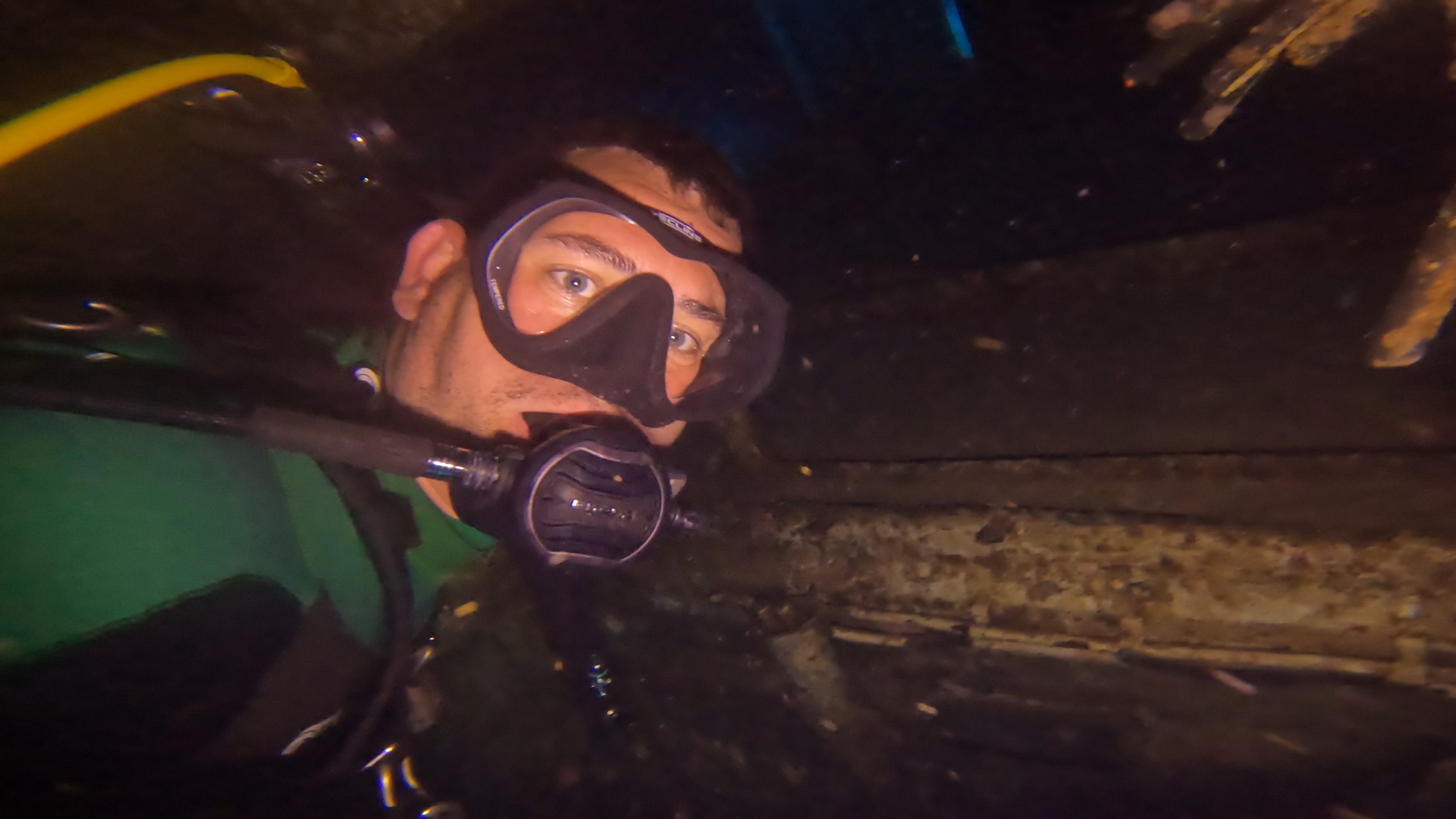How to Begin Your Scuba Diving Journey
- Hugh

- Apr 21, 2025
- 4 min read
Are you fascinated by the underwater world? Have you ever wondered what it feels like to swim beyond the surface, surrounded by colorful marine life? If so, it's time to discover scuba diving! This exhilarating sport opens the door to a vibrant ecosystem that is as beautiful as it is mysterious. In this blog post, we will guide you step-by-step on how to begin your scuba diving journey, from understanding the basics to what gear you'll need.
Discover Scuba Diving: The Basics
Before you dive into the deep blue, it's essential to understand what scuba diving is. Scuba diving allows individuals to explore underwater environments using a self-contained underwater breathing apparatus (SCUBA). This gear enables divers to breathe comfortably while submerged, allowing for greater freedom of movement and an incredible experience.
Benefits of Scuba Diving
Scuba diving offers numerous benefits, both physical and mental. Here are a few:
Physical Fitness: Swimming is an excellent workout. It builds strength, flexibility, and stamina.
Stress Relief: The tranquil underwater environment is incredibly calming, reducing stress and anxiety levels.
Adventure: Discovering hidden marine treasures and diving sites around the world adds excitement to life.
Connection with Nature: Scuba diving is a unique way to connect with the ocean and its inhabitants, promoting a greater appreciation for the environment.

How to Get Started with Scuba Diving
The path to becoming a scuba diver begins with education and training. Here’s a step-by-step guide to help you get started:
1. Take a Course
Signing up for a scuba diving course is the first step on your journey. Look for accredited organizations like PADI (Professional Association of Diving Instructors) or SSI (Scuba Schools International) that offer comprehensive training programs. These courses usually cover:
Theory Lessons: Understanding the physics and physiology of diving.
Pool Training: Learning basic diving skills in a controlled environment.
Open Water Dives: Gaining practical experience with an instructor.
2. Choose the Right Gear
Once you complete your training, it’s time to think about gear. While some schools provide equipment, investing in your own ensures a better fit and comfort. Essential gear includes:
Wet Suit: Protects you from cold water and abrasions.
BCD (Buoyancy Control Device): Helps you manage buoyancy underwater.
Regulator: Allows you to breathe from your tank.
Tank: Stores compressed air for your dives.
Consider renting gear initially to see what works best for you before making a purchase.

3. Practice Safe Diving
Safety is paramount in scuba diving. Always dive with a buddy, follow the dive plan, and respect the marine environment. Here are some tips to remember:
Check Your Gear: Perform thorough checks before diving.
Stay Within Your Limits: Don't exceed your training level and experience.
Equalize Your Ears: Learn how to manage pressure changes to avoid discomfort.
What is the 1-3 Rule in Diving?
The 1-3 rule is an essential guideline all divers should follow to enhance safety during dives. This rule states that for every new diving experience, you should have at least one day of rest and recovery before embarking on the next experience. This means:
1 Day of Rest: After one dive or dive day, you should allow your body at least one full day before diving again.
3 Days Before a Flight: If you've been diving, wait at least three days before flying to avoid decompression sickness.
By adhering to the 1-3 rule, you ensure that your body has sufficient time to process nitrogen and reduce the risk of potential injuries.

Discover Local Dive Sites
Every diving journey is unique, and choosing the right location can make all the difference. Research local dive sites, which may include:
Reefs: Colorful coral reefs are often bustling with life.
Wrecks: Exploring sunken ships offers a glimpse into history and unique marine habitats.
Topography: Caves, cliffs, and underwater mountains create stunning visuals.
Start diving locally before planning trips to more exotic locations. Local dive shops often have seasoned instructors who know the best spots for beginners.
Continuing Your Diving Education
Once you're comfortable with the basics, consider furthering your diving education. Advanced courses focus on different specialty areas, such as:
Night Diving: Experience the ocean after dark with unique nocturnal creatures.
Deep Diving: Learn techniques for safely diving deeper up to 130 feet.
Rescue Diver: Gain skills to assist fellow divers in emergencies.
Continued education not only enhances your skills but also opens the door to more incredible diving experiences.
Final Thoughts
Embarking on a scuba diving journey is one of the most rewarding experiences you can have. It connects you with the beauty of the ocean and teaches you invaluable skills. As you plan your first dive, remember to do your research, take courses, and select the right gear. Dive within your limits and always prioritize safety.
If you're ready to embark on this underwater adventure, don't hesitate to try scuba diving and explore the magic waiting beneath the waves! Happy diving!




Comments